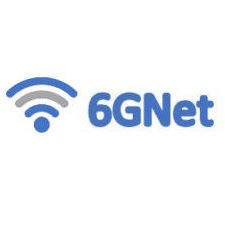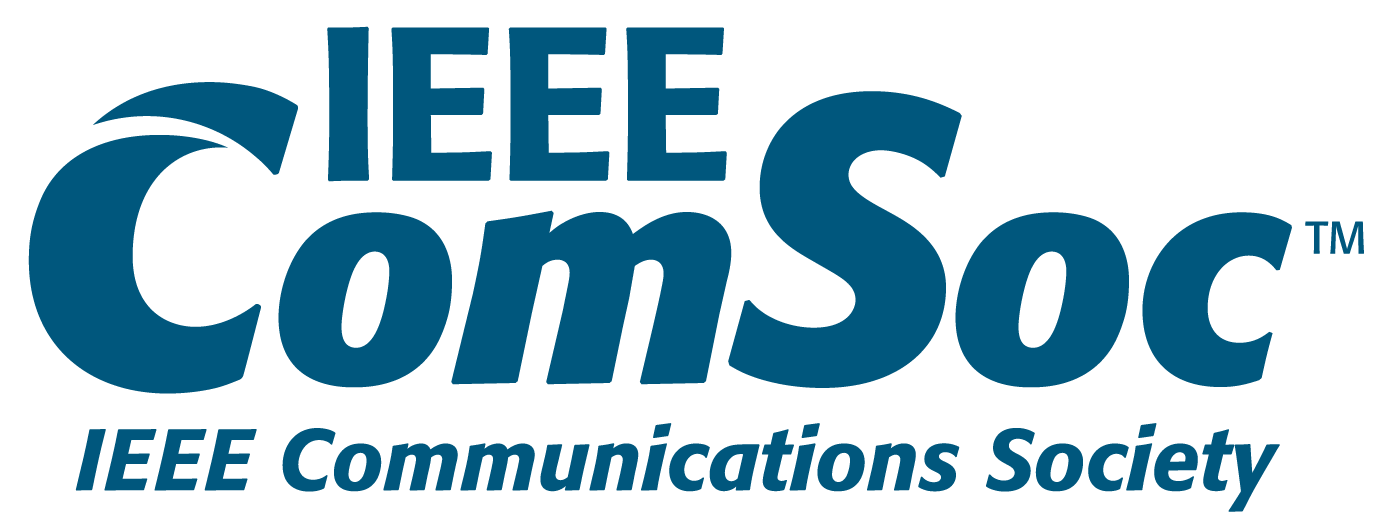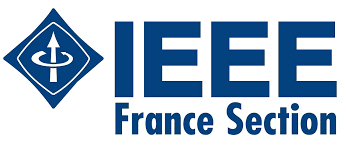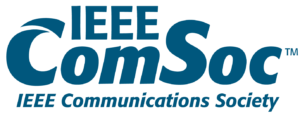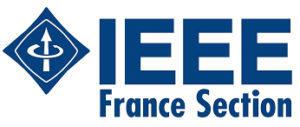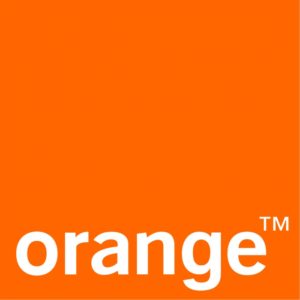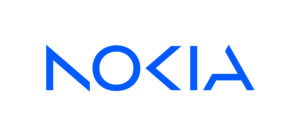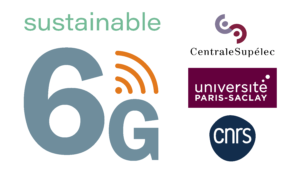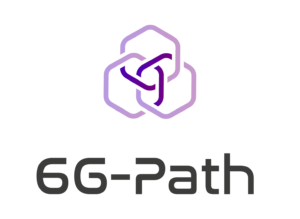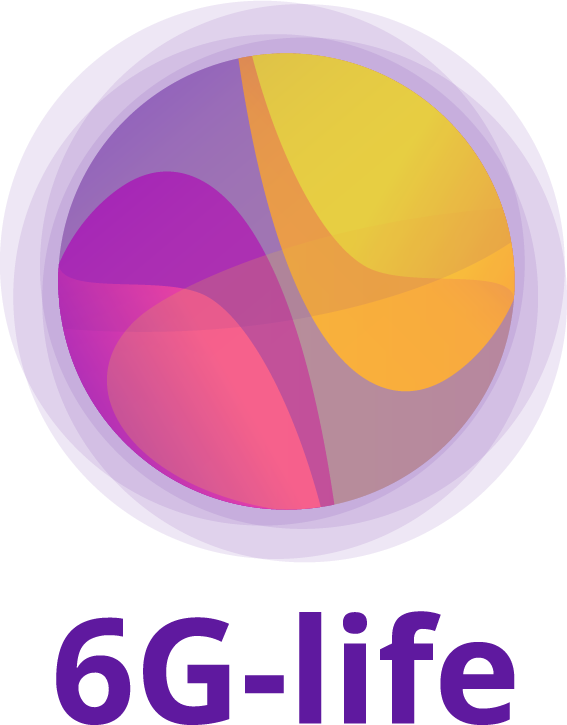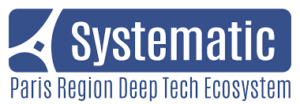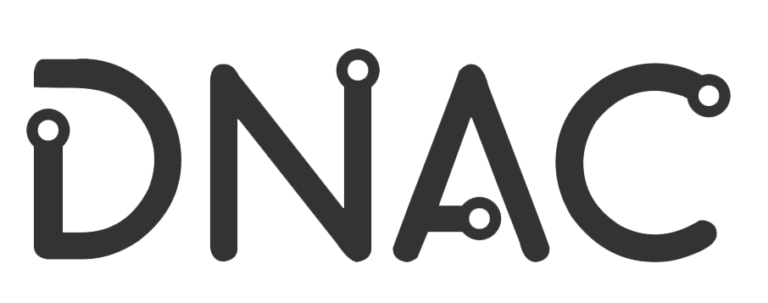6GNet 2024 Tutorials
Tutorial #1
Title: Universal Decoding by Guessing Random Additive Noise Decoding
Abstract: Forward error correction decoding has typically been code-specific. A recent alternative is Guessing Random Additive Noise Decoding (GRAND), a noise-centric approach using guesswork to create a universal decoding algorithm. It removes noise effects from the received signal and uses the codebook as a hash check. Decoding continues until verification succeeds or an erasure is declared. GRAND provides Maximum Likelihood decoding for any block code, adaptable to statistical noise characteristics like burstiness or interference. Parallelizable and suitable for hardware, GRAND’s universality allows the use of various codes, including cryptographic ones, expanding the range of decodable codes beyond traditional methods.
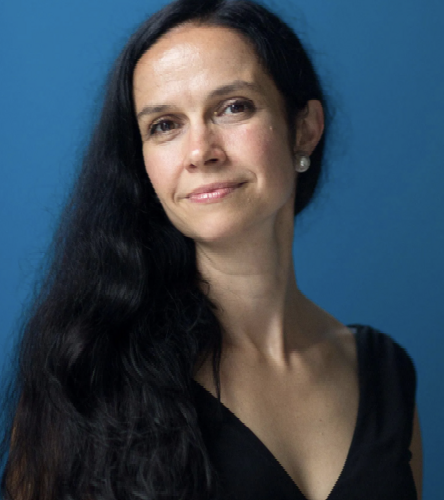
Muriel Medard
(MIT, USA)
Bio: Muriel Médard is the NEC Chair in Software Science and Engineering for the School of Engineering at MIT and a Professor in the Electrical Engineering and Computer Science (EECS) Department at MIT, where she leads the Network Coding and Reliable Communications Group in the Research Laboratory for Electronics at MIT. She obtained three Bachelors degrees (EECS 1989, Mathematics 1989, and Humanities 1991), as well as her M.S. (1991) and Sc.D (1995), all from MIT. She is a Member of Leopoldina (German Academy of Sciences) (elected 2022), the US Academy of Arts and Sciences (elected 2021), the US National Academy of Engineering (elected 2020), a Fellow of the US National Academy of Inventors (elected 2018), and a Fellow of the Institute of Electrical and Electronics Engineers (elected 2008). Muriel was elected president of the IEEE Information Theory Society in 2012 and served on its board of governors for eleven years. She holds Honorary Doctorates from the Technical University of Munich (2020), the University of Aalborg (2022), and the Budapest University of Technology and Economics (2023).
She was co-winner of the MIT 2004 Harold E. Edgerton Faculty Achievement Award and was named a Gilbreth Lecturer by the US National Academy of Engineering in 2007. She received the 2017 IEEE Communications Society Edwin Howard Armstrong Achievement Award and the 2016 IEEE Vehicular Technology James Evans Avant Garde Award. She received the 2019 Best Paper award for IEEE Transactions on Network Science and Engineering, the 2018 ACM SIGCOMM Test of Time Paper Award, the 2009 IEEE Communication Society and Information Theory Society Joint Paper Award, the 2009 William R. Bennett Prize in the Field of Communications Networking, the 2002 IEEE Leon K. Kirchmayer Prize Paper Award, as well as eight conference paper awards. Most of her prize papers are co-authored with students from her group.
She has served as technical program committee co-chair of ISIT (twice), CoNext, WiOpt, WCNC, and of many workshops. She has chaired the IEEE Medals committee and served as member and chair of many committees, including as inaugural chair of the Millie Dresselhaus Medal. She is Editor in Chief of the IEEE Transactions on Information Theory and was the Editor in Chief of the IEEE Journal on Selected Areas in Communications. She has served as editor or guest editor of many IEEE publications, including the IEEE Transactions on Information Theory, the IEEE Journal of Lightwave Technology, and the IEEE Transactions on Information Forensics and Security. She was a member of the inaugural steering committees for the IEEE Transactions on Network Science and for the IEEE Journal on Selected Areas in Information Theory.
She has over eighty US and international patents awarded, the vast majority of which have been licensed or acquired. For technology transfer, she has co-founded companies, CodeOn, Steinwurf, and Optimum. Muriel has supervised over 40 master students, over 20 doctoral students, and over 25 postdoctoral fellows.

Ken R. Duffy
(Professor in Electrical and Computer Engineering (ECE) and Mathematics at Northeastern University, USA)
Bio: Ken R. Duffy is a Professor in Electrical and Computer Engineering (ECE) and Mathematics at Northeastern University. He served as chair of ECE at Northeastern and was previously a Professor at Maynooth University in Ireland, where he directed the Hamilton Institute, an interdisciplinary applied mathematics research center. Duffy holds a B.A. (mod) in Mathematics (1996) and a Ph.D. (2000), both from Trinity College Dublin. He was one of the three co-Directors of the Science Foundation Ireland Centre for Research Training in Foundations of Data Science, training over 120 Ph.D. students from 2019 to 2026. His research focuses on applying probability and statistics to science and engineering, leading to publications in diverse journals, including mathematics (Annals of Applied Probability, Journal of Applied Probability, Journal of Mathematical Biology), engineering (IEEE Transactions on Information Theory, IEEE Transactions on Network Science and Engineering, IEEE/ACM Transactions on Networking), and scientific journals (Cell, Nature Communications, Science). Duffy is a co-founder of the Royal Statistical Society’s Applied Probability Section (2011), co-authored a cover article in Trends in Cell Biology (September 2012), and received best paper awards at the IEEE International Conference on Communications (2015) and IEEE Transactions on Network Science and Engineering (2019). He has had extended invited visits at the Kavli Institute for Theoretical Physics at UC Santa Barbara, The Research Laboratory of Electronics at MIT, and the Immunology Division at the Walter and Eliza Hall Institute of Medical Research.
Tutorial #2
Title: Data-Driven Modelling and Optimization of Green Future Mobile Networks: From Machine Learning to Generative AI
Abstract: The energy consumption of mobile networks poses a critical challenge. Mitigating this concern necessitates the deployment and optimization of network energy-saving solutions, such as carrier shutdown, to dynamically manage network resources. Traditional optimization approaches encounter complexity due to factors like the large number of cells, stochastic traffic, channel variations, and intricate trade-offs. This tutorial introduces the challenge to optimize the network energy efficiency and overviews the current industrial effort in this context. Then, it introduces a telecom digital twin that harnesses live network data and employs a blend of machine learning (ML)- and expert-based models to accurately characterize the functioning of network components, and predicts network energy efficiency and user equipment (UE) quality of service for any energy carrier shutdown configuration in a specific network. This tutorial details the pipeline employed by the digital twin to decompose the large network energy efficiency modeling problem into ML- and expert-based submodels. We discuss how, by embracing stochasticity, and carefully crafting the relationship between such submodels, the overall computational complexity can be reduced and prediction accuracy enhanced. Finally, the tutorial discusses how GenAI can be used to speed up the overall design of a digital twin, potential benefits, challenges, and present preliminary results.

Antonio De Domenico
(Senior Researcher at Huawei Technologies, France)
Bio: Antonio de Domenico received the M.Sc. degree in telecommunication engineering from the University of Rome La Sapienza in 2008, and the Ph.D. degree in telecommunication engineering from the University of Grenoble in 2012. From 2012 to 2019, he was a Research Engineer with CEA LETI MINATEC, Grenoble, France. In 2018, he was a Visiting Researcher with the University of Toronto, Canada. Since 2020, he has been a Senior Researcher with Huawei Technologies France SASU, Paris, France. He is the main inventor or a co-inventor of more than 25 patents and the authors of around 100 publications. Since 2023, he has been co-leading the network energy efficiency activities within the green future network project of the NGMN Alliance and since 2024 he is co-chairing the activities on dataset and competitions of the IEEE Large Generative AI Models in Telecom Emerging Technology Initiative. His research interests include heterogeneous wireless networks, artificial intelligence for networks, and green communications.

Nicola Piovesan
(Senior Researcher at Huawei, France )
Bio: Nicola Piovesan received the Ph.D. degree in network engineering from the Polytechnic University of Catalonia, Barcelona, Spain, in 2020. He is a Senior Researcher with Huawei Technologies, Paris, France. His work focuses on large-scale network modeling, data-driven network optimization, green networking, 2and the integration of artificial intelligence in the telecom domain. He was Awarded a Marie Skłodowska-Curie Fellowship by the European Commission in 2016. He served as an Assistant Researcher with the Centre Tecnològic de Telecomunicacions de Catalunya, Barcelona, from 2016 to 2019. He has authored over 30 research articles and holds co-inventorship in over ten patent applications. His achievements have been recognized with the Huawei GTS President Award in 2021 and the Huawei Quality Star Award in 2024, acknowledging his successful research application into product development.
